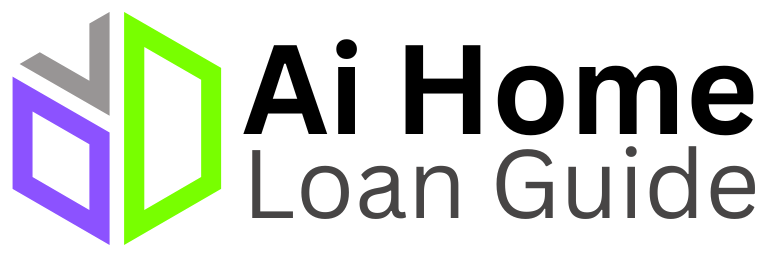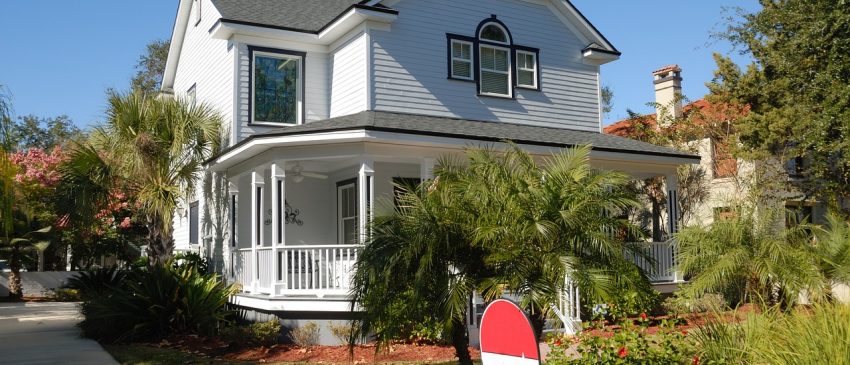Here’s a guide to some of the mortgage programs available in 2023:
- Conventional Loans: Conventional loans are not insured or guaranteed by the government. They typically require a higher credit score and a down payment of at least 3%. Conventional loans have different terms and interest rates available, including fixed-rate and adjustable-rate mortgages.
- FHA Loans: The Federal Housing Administration (FHA) insures FHA loans, making them accessible to borrowers with lower credit scores and smaller down payments (as low as 3.5%). FHA loans have limits on loan amounts, and borrowers must pay mortgage insurance premiums.
- VA Loans: Available to eligible veterans, active-duty service members, and surviving spouses, VA loans are guaranteed by the Department of Veterans Affairs. They offer competitive interest rates, no down payment requirements, and don’t require private mortgage insurance. VA loans have specific eligibility criteria.
- USDA Loans: The U.S. Department of Agriculture (USDA) offers USDA loans for low- to moderate-income borrowers buying homes in eligible rural areas. These loans require no down payment and offer favorable interest rates. Income limits and property location requirements apply.
- Jumbo Loans: Jumbo loans exceed the limits set by Fannie Mae and Freddie Mac for conforming loans. They are typically used for high-priced properties. Jumbo loans usually require a higher credit score, down payment, and proof of income.
- Home Equity Conversion Mortgage (HECM): Also known as a reverse mortgage, an HECM allows homeowners aged 62 and older to convert a portion of their home equity into cash. This can provide supplemental income or fund other expenses. Repayment is not required until the borrower sells the home, moves out, or passes away.
- Energy-Efficient Mortgage (EEM): An EEM allows borrowers to finance energy-efficient upgrades or improvements into their mortgage. This program incentivizes energy efficiency by offering favorable loan terms and lower interest rates.
- State-Specific Programs: Many states offer their own mortgage programs to assist first-time homebuyers or low-income borrowers. These programs may provide down payment assistance, lower interest rates, or special loan terms. Check with your local housing agency for state-specific programs available in your area.
- Non-QM mortgages are designed for borrowers who may not meet the strict criteria of traditional qualified mortgages. They are typically offered by non-bank lenders and have different underwriting requirements compared to conventional mortgages.
- A commercial loan is a type of loan that is extended to businesses to support their financial needs. It is different from personal loans, which are typically obtained by individuals for personal expenses. Commercial loans are designed to provide businesses with capital to fund various activities such as expansion, purchasing equipment or inventory, meeting operating expenses, and financing projects.
It’s important to note that mortgage programs can vary by lender and location. Before applying for a mortgage, it’s recommended to consult with a mortgage professional who can guide you through the available options and help you choose the program that best fits your financial situation and homeownership goals.


No Comments
Be the first to start a conversation